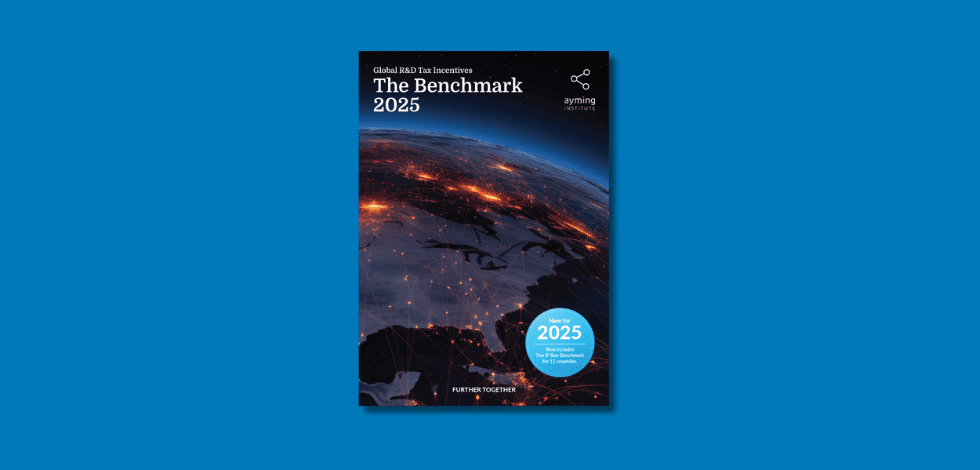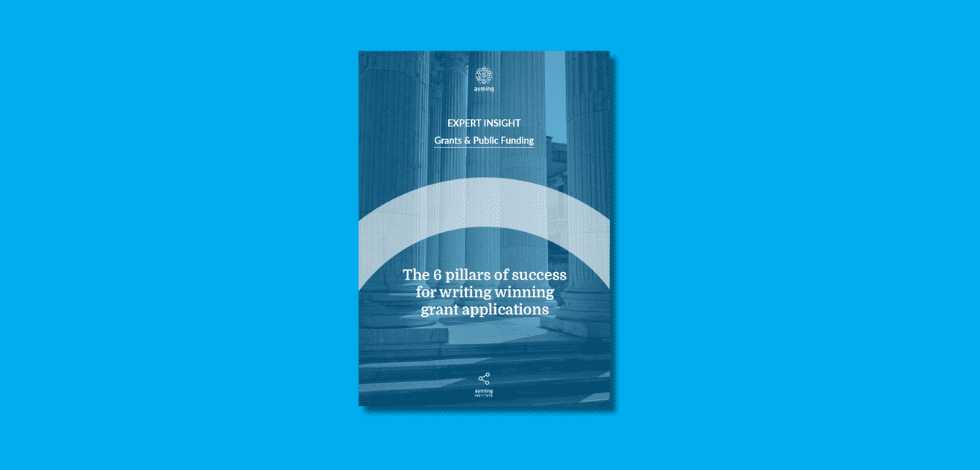Now six months into the reality of Brexit we give you a run-down of one of HMRC’s latest VAT schemes, the Postponed VAT Accounting, and offer some thoughts on how it has been received.
From 01st January 2021, UK VAT registered businesses have had the opportunity to avoid having to make upfront payments of import VAT. This optional scheme is known as Postponed VAT Accounting (PVA).
So, how does Postponed VAT Accounting work?
PVA removes the need for payments of import VAT at the border and allows businesses to instead account for it on their VAT returns. The customs declarant making the customs entry indicates that import VAT will be accounted for by the importer, who supplies their GB EORI and VAT number. This information is collected by HMRC who produce monthly reports for importers to download in order for them to correctly account for import VAT on their VAT filings.
Is it mandatory?
It is not mandatory in most cases, though if you elect to postpone your full declaration by making a simplified entry you are required to account for import VAT via PVA. Whilst not being something businesses are obligated to use, it does have the immediate benefit of improving a business’s cashflow. What’s more, PVA does not require any application or authorisation from HMRC, making it an immediately attractive scheme.
Marcelo Gustavo, Financial Controller of Nichirin Spain, describes the immediate positive impact the use of PVA has had:
“For Nichirin, using PVA has been very positive, firstly because we have been able to bridge the gap between payment of VAT on our imports and the collection of VAT on sales to our customers, which has generated an immediate positive effect on our cash flow. Secondly because the imported material does not have to remain in customs whilst our customs agent awaits payment of the import VAT.”
How do I sign-up for the Postponed VAT Accounting?
Businesses simply need to notify their customs representatives that they wish to account for import VAT on their returns and then sign up to access the Customs Declaration System. The representative may request written confirmation of this but will ultimately make the appropriate indication on the customs declarations.
Requesting access to CDS is a quick and simple process and monthly import VAT statements have generally been available on time, though the system wasn’t without its initial glitches, including the duplication of imports over the first few months. HMRC swiftly published notices of system mistakes and offered guidance on how to ensure that business’s first returns after the introduction of PVA were accurate, despite the errors.
What do we think?
Our experience of PVA, as an agent, has been very positive and has certainly been well received by our customers. Being a relatively new scheme we have been approached with many questions and are quite surprised to find that there are still VAT registered businesses who have not opted into the scheme.
Brexit really turned the movement of goods to and from the UK on its head and we consider that any tools that can effectively and immediately reduce the financial and logistical burdens on imports should be taken full advantage of.
Let us know what you think!
Rhyl Jones
UK VAT Consultant at Ayming Spain.















No Comments